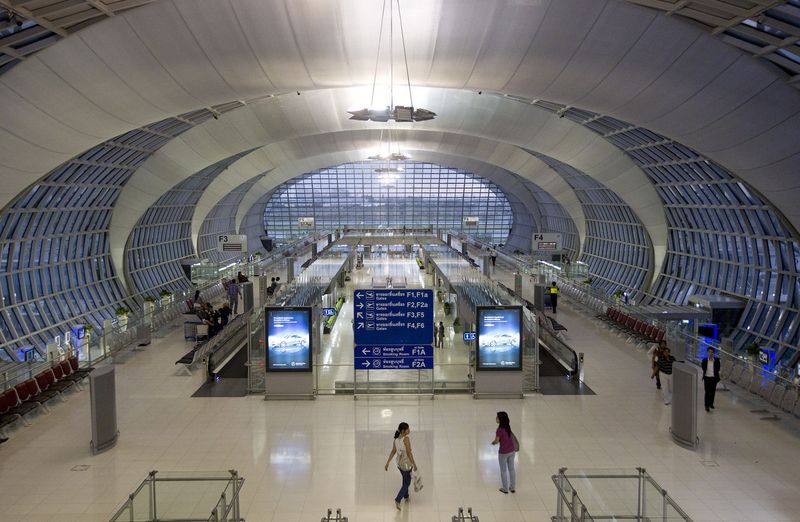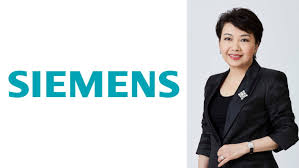The government is planning hundreds of billions of baht worth of megaprojects this year, aimed mainly at upgrading logistics and water systems, but analysts say uncertainty surrounds their feasibility.
Among the projects expected to be kicked off this year is the Green Line extension of the BTS SkyTrain’s existing Sukhumvit Line. The Transport Ministry will call for bidding on the 13-kilometre Soi Baring-Samut Prakan section worth 25.9 billion baht this month.
The 12-km Mor Chit-Saphan Mai section, costing 33.2 billion baht, is scheduled for a March tender.
The extension of the BTS Silom route from Wong Wian Yai to Bang Wa, a distance of
Work on the Blue Line extension from Hua Lamphong to Bang Khae and from Bang Sue to Tha Phra for a combined length of
Construction of the 75.5-billion-baht Red Line suburban electric train will likely begin late this year along with an 11.3-billion-baht dual-track rail line from Chachoengsao province to Saraburi’s Kaeng Khoi district.
Also this year, the Highways and Rural Roads departments will spend 65 billion baht to build and upgrade roads nationwide. As well, several water management programmes will be worth a combined 32 billion baht.
The Transport Ministry has asked the Finance Ministry to provide guarantees for loans to be sought by the Mass Rapid Transit Authority to develop the Green Line. It is planned as a public-private partnership in order to mobilise the vast liquidity available in the private sector and minimise the risk of increasing the public debt.
Charl Kengchon, the managing director of K-Research, said prospects for the projects still hang largely on the coming political changes, as the Democrat-led coalition government must hold an election this year.
“The timing of the election is important, as a caretaker government would be unlikely to push forward any big projects prepared by the previous government,” he said.
Another factor will be the composition of the government, as project details may be reviewed if the administration or ministers change, said Mr Charl.
Chakkrit Parapuntakul, the director-general of the Finance Ministry’s Public Debt Management Office, said details of all 2011 projects have yet to be concluded but should be ready this month.
However, the the government’s prime objective for the programmes is not economic growth, but rather enhancement of competitiveness by improving water and logistics management, he said.
“We need more time to consult with related government agencies on these projects and set priorities for introducing them,” said Mr Chakkrit.
Mr Charl of K-Research said the government was unlikely to encounter problems raising funds, some of which could come from foreign loans.
“Given the expected 4% budget deficit next year, I don’t think the government will have a problem financing these projects,” he said.
Source: http://www.bangkokpost.com/business/economics/214204/megaproject-strategy-scrutinised

